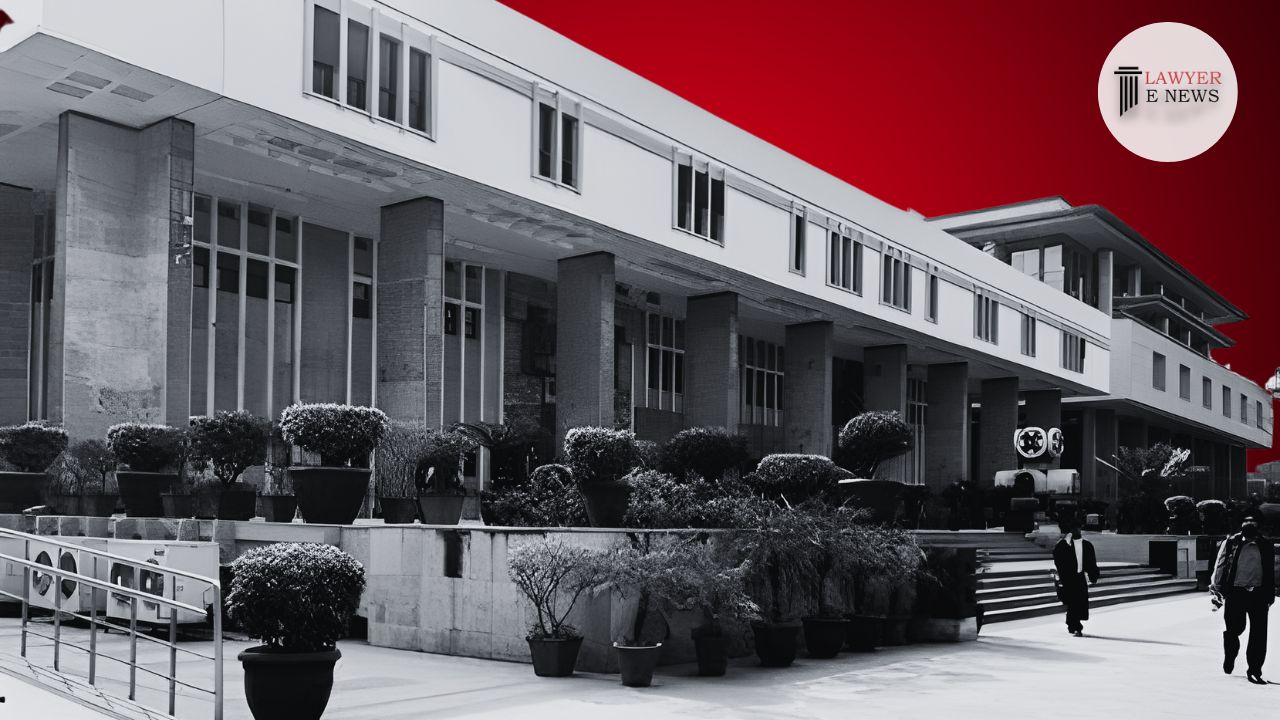-
by Admin
15 February 2026 5:35 AM



Justice C. Hari Shankar emphasizes course approvals under Pharmacy Act are for entire duration, not annual renewals.
The Delhi High Court has ruled that the Pharmacy Council of India's (PCI) mandate requiring pharmacy colleges to seek annual approval for their courses is illegal. The judgment, delivered by Justice C. Hari Shankar on July 1, 2024, clarified that once a course is approved under the Pharmacy Act, 1948, it remains valid for its entire duration and does not require yearly renewal.
Several pharmacy colleges, including SLS College of Pharmacy, filed writ petitions challenging the PCI's decision to demand annual approvals and associated fees. The institutions argued that the practice was not supported by the Pharmacy Act, 1948, and imposed an undue burden on them. They contested Clauses 10(ii), (iii), and (iv) and Clause 11(v) of the PCI's December 2023 communication, which enforced these requirements.
Justice Shankar emphasized that the PCI's actions must align with the statutory framework of the Pharmacy Act, 1948. The court examined the legislative intent and regulatory provisions, concluding that the approval granted under Section 12 is for the course's entire duration, not limited to a single academic year.
The court scrutinized the PCI's procedure and found no basis in the Act or Regulations for requiring annual renewals. It underscored the importance of maintaining educational standards through consistent regulatory oversight but stressed that such oversight must be grounded in statutory provisions.
The judgment reaffirmed the High Court's authority to review decisions of regulatory bodies, especially when such decisions appear arbitrary or lack a statutory basis. Justice Shankar delineated the limits of judicial review, asserting that while deference is given to specialized bodies, their actions must still conform to the law.
Justice Shankar extensively analyzed Section 12 of the Pharmacy Act, clarifying that the term "course of study" refers to the entire duration of the course, such as B. Pharm or D. Pharm, and not to each individual academic year. "The approval, once granted, is meant to be for the entirety of the course, unless withdrawn under specific conditions outlined in the Act," the judgment stated.
Justice Shankar noted, "The insistence on annual approvals is not supported by the Pharmacy Act or any of its Regulations. Such an interpretation is not only unsustainable but also imposes unnecessary administrative and financial burdens on educational institutions."
The Delhi High Court's decision marks a significant shift in the regulatory landscape for pharmacy education in India. By ruling that approvals under Section 12 of the Pharmacy Act are valid for the entire course duration, the judgment alleviates the procedural and financial pressures on institutions. This landmark ruling is expected to streamline the approval process, ensuring that educational standards are upheld without imposing unwarranted requirements on institutions.
Date of Decision: July 1, 2024
SLS College of Pharmacy vs. Pharmacy Council of India
